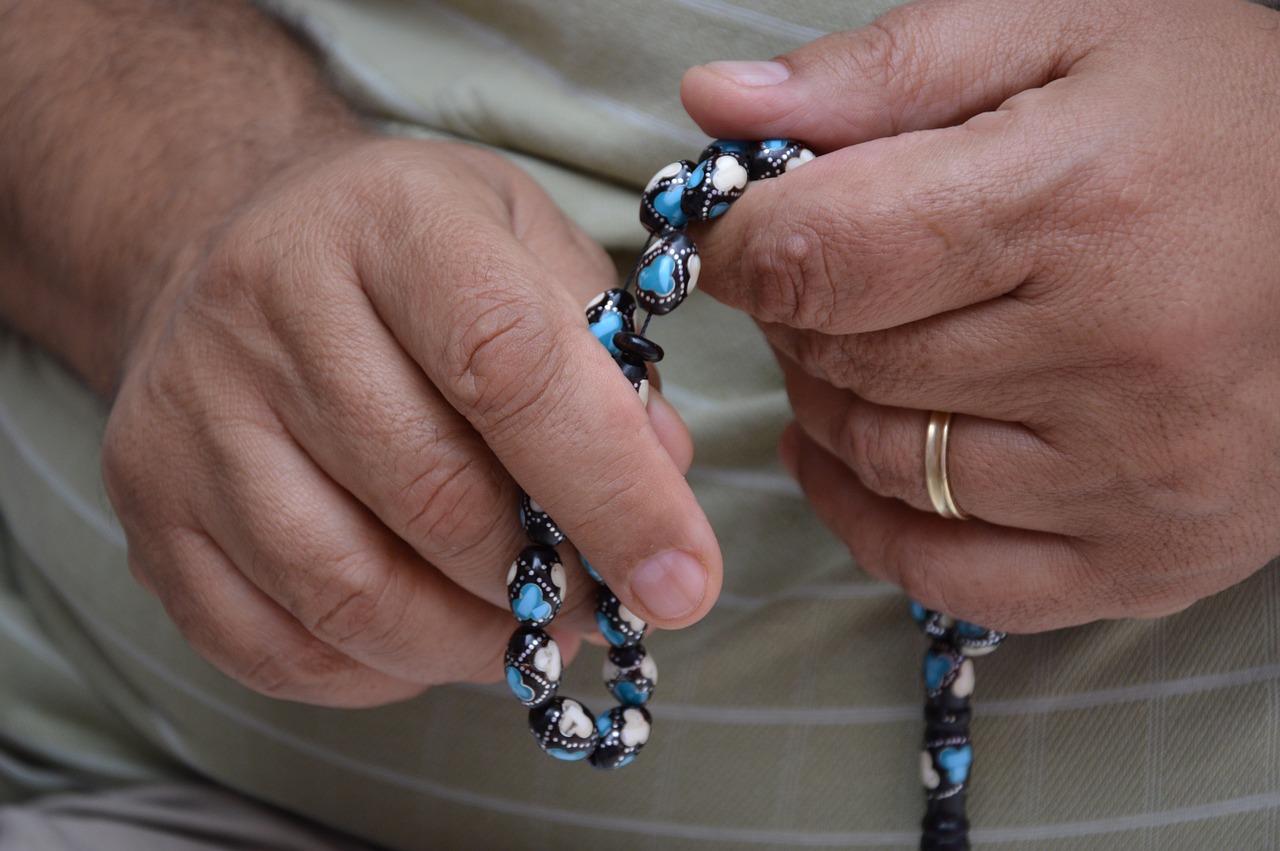
A ritual is a symbolic action intended to connect us to the deeper meaning of important events in our lives. It can acknowledge change, connect us to mystery, celebrate a life, honor a special moment, and more. Joseph Campbell, famed anthropologist and mythologist, said a ritual gives form to the human life, not in a way of a mere arrangement, but in depth.
In the movie “Field of Dreams,” there was the ending scene where father and son played catch. This powerful scene involved many elements of a ritual and held space for powerful emotions.
Rituals can connect us to our community, guide our understanding, preserve customs, express future wishes, restore a sense of order, and empower us. They are as central to our lives as they were to our ancestors. Rituals arise out of our cultural heritage, religious beliefs or just something the family has always done. No matter their source, rituals usually involve a transition from one place or stage to another. We are leaving one thing to go on to something else.
Rituals help us manage the changes brought by endings and beginnings. We leave what was, hold in the middle for a period, then move to a new place. Think of the caterpillar moving to a cocoon and then to becoming a butterfly. It is no different with death.
The dying person is leaving this life and going to another place. He or she also is leaving everyone behind. Connections are pulled apart and the whole system is changed. An end of life doula helps to design pre- and post-death rituals to help the dying person on to the next step of his journey. The rituals bring love, connection and sacredness to the dying person, the dying process and to the loved ones being left behind. Rituals speak to the soul when the body can no longer be cured.
A ritual can be as simple as standing in a circle around the person and singing, praying, being silent or just saying goodbye. Rituals may include washing of all or part of the body with water and essential oil after death. Whatever it is, the ritual must have meaning to the person who is dying and to their loved ones. A doctor recently said, this person has never died before, make it the best dying experience they can possibly have.
Other examples of rituals include placing the ashes of the parents in the palms of both hands of the dying person, reading a specific prayer, or having people write final words of goodbye and place them on the body to be cremated or buried along with the person.
The father in one family loved to sit around a campfire every evening. On the evening of his death, his family sat around a campfire and talked about their father’s life. The mother in another family always took one bite out of a chocolate and then left it if she didn’t like it. On the day of her death, the family opened a box of chocolates, and each family member took a bite out of one and left it beside the mother’s bed. Rituals like this also can be carried out on the anniversary of the death of a loved one as a way to remember that person.
Is there a ritual you want to be carried out for the next part of your journey?
